Tech
Google Faces Major Shakeup in Antitrust Showdown Over Search and AI Monopoly
As the DOJ pushes bold penalties, including a possible Chrome sell-off, Google braces for a verdict that could reshape tech forever

In what’s being called the most significant tech antitrust case in over two decades, Google is facing a historic legal reckoning as closing arguments wrap up in its battle against the U.S. Department of Justice (DOJ). The final phase of the trial, which began in April, may determine how the nearly $2 trillion tech giant must atone for its dominance in online search — and possibly redefine the future of artificial intelligence competition.
At the heart of the DOJ’s case is Google’s longstanding practice of striking exclusive agreements with phone manufacturers like Apple and Samsung, ensuring its search engine remains the default across most devices. The DOJ argues that these deals boxed out competition and allowed Google to solidify a decade-long monopoly, earning it billions in ad revenue while stifling innovation.
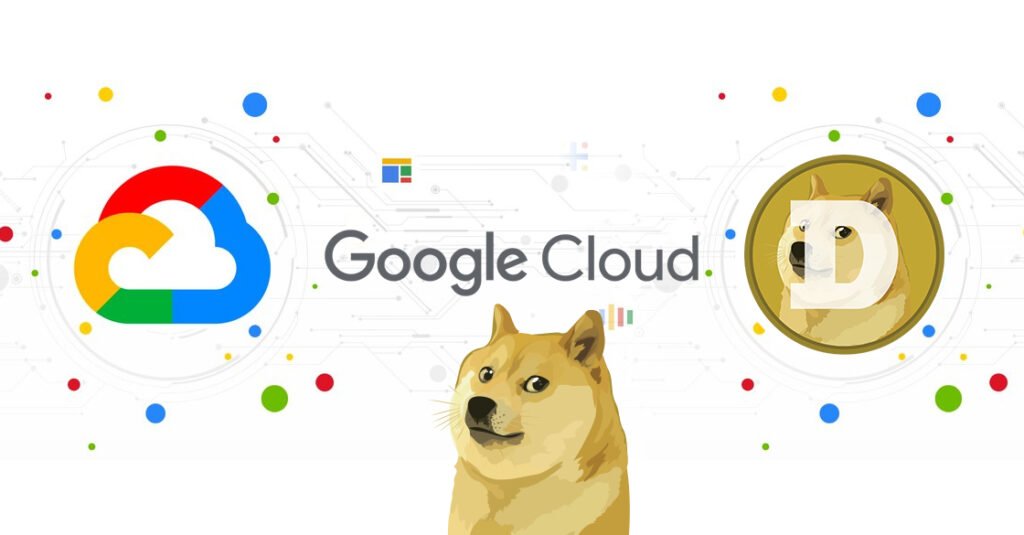
But this trial has now evolved beyond search — it’s about the future of AI. The DOJ is pressing Judge Amit Mehta to go further, proposing sweeping remedies including the sale of Google Chrome, the world’s most-used web browser, and forced licensing of its search index and data to competing AI developers. They argue that Google could otherwise leverage its search engine dominance to take over the generative AI market, just as the technology reaches a transformative tipping point.
Google’s leadership has fired back, calling the DOJ’s proposals “unprecedented” and damaging to consumers and internet security. CEO Sundar Pichai emphasized that the remedies would effectively dismantle the company’s core product, calling it a “de facto divestiture” of the very search technology it has spent decades building. Executives have warned that spinning off Chrome would render it obsolete and could compromise user privacy, claiming it would force them to share sensitive search data with unknown third parties.

“Your private information would be exposed, without your permission,” said Lee-Anne Mulholland, Google’s Vice President of Regulatory Affairs, in a statement condemning the DOJ’s proposed remedy. “That’s a risk no user should have to take.”
The DOJ, however, insists these drastic steps are necessary. They’ve accused Google of leveraging its browser, Chrome, to channel even more traffic into its own ecosystem — reinforcing its search and ad market dominance. They also called on OpenAI executive Nick Turley, who testified that access to Google’s search index would significantly enhance AI tools like ChatGPT — access Google has reportedly denied to its rivals.
Now, all eyes are on Judge Mehta, who is expected to deliver a final decision by August. That ruling could compel Google to unwind major parts of its business or open the doors to new competition in both search and AI.
Whatever the outcome, this case is already sending shockwaves through Silicon Valley and Washington. And even as Google prepares to appeal any unfavorable ruling, the company may face additional legal heat — with new investigations reportedly underway, including one concerning its deal with chatbot startup Character.AI.
Tech
OpenAI’s new Sora app flooded with terrifying Sam Altman deepfakes and bizarre AI videos…
From pigs scrolling TikTok to Pokémon lawsuits, OpenAI’s Sora turns into a surreal deepfake playground less than 24 hours after launch.

When OpenAI unveiled its new social media app Sora, it promised a bold new way to experience AI-generated video. What early users received, however, feels more like a nightmarish fever dream starring none other than Sam Altman himself.
Within hours of launch, the invite-only app was overrun with uncanny deepfakes of the OpenAI CEO. In one viral clip, Altman appears inside a factory farm packed with pink pigs, each pen equipped with a smartphone streaming vertical videos. Staring directly at the camera, the AI-generated Altman asks chillingly: “Are my piggies enjoying their slop?”
ALSO READ : Terence Stamp’s Final Curtain Call Leaves Fans in Tears as Secrets from His Past Resurface
Moments later, the feed shifts to another surreal scene — Altman standing in a field of Pokémon, from Pikachu to Bulbasaur, casually remarking: “I hope Nintendo doesn’t sue us.”
The internet’s new obsession: Altman everywhere
The bizarre trend didn’t stop there. Users generated videos of “Altman” pouring Starbucks lattes for Pikachu and Eric Cartman, yelling at customers behind a McDonald’s counter, or even running away from police after stealing Nvidia GPUs from a Target store.
The app itself cheekily acknowledges the chaos. In some clips, Altman’s AI double announces, “This content may violate our guardrails concerning third-party likeness,” before bursting into hysterical laughter — as if mocking the very warnings the app is designed to enforce.

Copyright chaos on display
Sora is already under fire for how it handles copyright. Unlike most platforms where creators must opt in to allow their content to be used, OpenAI has flipped the model: copyright holders must opt out to prevent their works from appearing. Legal experts say this raises troubling questions, especially when videos depict characters like Naruto, Mario, or even Pikachu performing adult or absurd actions.
“People are pushing Sora’s boundaries just to see how far it will go,” one user posted on X, pointing to clips of Mario smoking weed or Pikachu performing ASMR.
Why Sora feels different
What sets Sora apart from other AI apps, including the Meta AI feed, is the realism. OpenAI has fine-tuned its video generator to obey the laws of physics more convincingly, making scenes look disturbingly authentic. The more convincing these deepfakes become, the greater the risk they’ll be used for misinformation, bullying, or worse.
Sora is, at its core, a deepfake generator with social features. Upon joining, users are prompted to create a “cameo” by recording biometric data — turning their heads, reading numbers aloud, and effectively handing the app a digital replica of their likeness. Users can then choose who’s allowed to generate content with their cameo: “only me,” “people I approve,” “mutuals,” or “everyone.”
A glimpse into the future?
The frenzy around Altman deepfakes highlights both the allure and the dangers of this technology. On one hand, it showcases Sora’s jaw-dropping realism and creative potential. On the other, it raises urgent ethical questions: What happens when hyper-realistic AI versions of public figures — or private individuals — flood the internet without consent?
For now, Sora is invite-only, but if this is the preview, the public launch could be even more chaotic. Whether it becomes the next TikTok of AI or collapses under controversy, one thing is certain: Sam Altman will never look at a Target store the same way again.
Tech
Google celebrates 27th birthday as a spelling mistake turns into the world’s biggest search engine
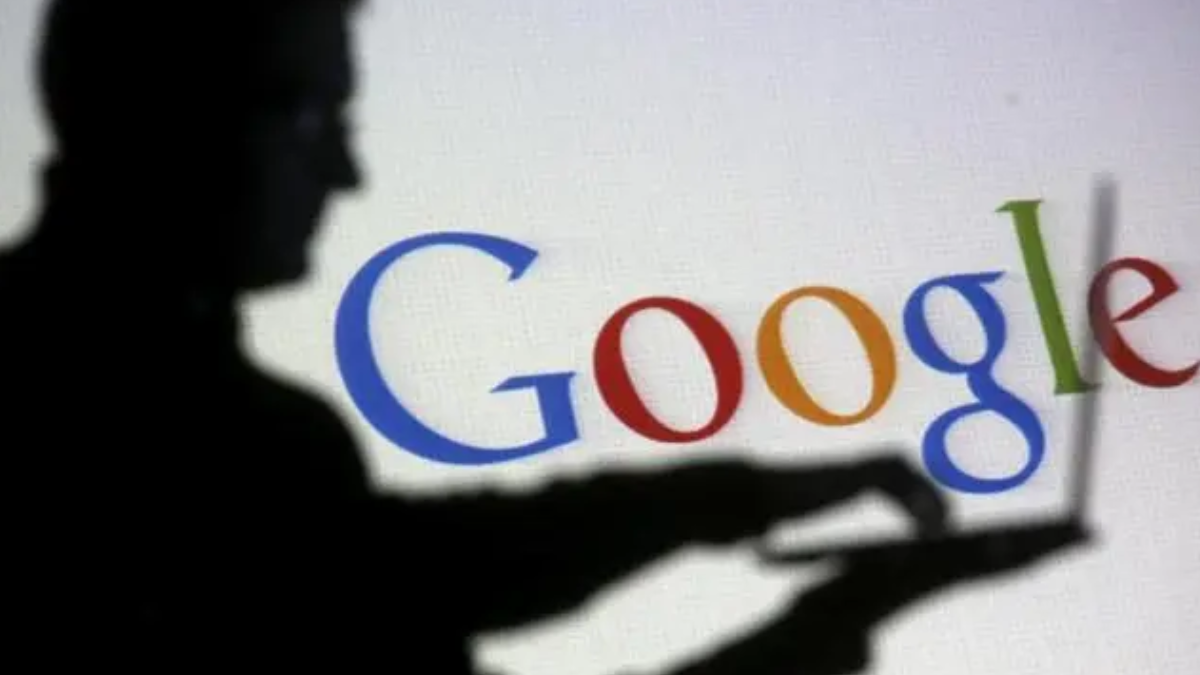
Almost every internet user around the globe interacts with Google daily — searching, mapping, emailing, or watching videos on YouTube, another Google-owned platform. But on its 27th birthday, celebrated on September 27, many still wonder: what does the name “Google” really mean, and how did it come to define the digital age?
The meaning behind Google
The name “Google” is actually derived from the mathematical term Googol — the number 1 followed by 100 zeros (10¹⁰⁰). The word was first coined by Milton Sirotta, the young nephew of American mathematician Edward Kasner, as a playful way to describe unimaginably large numbers.
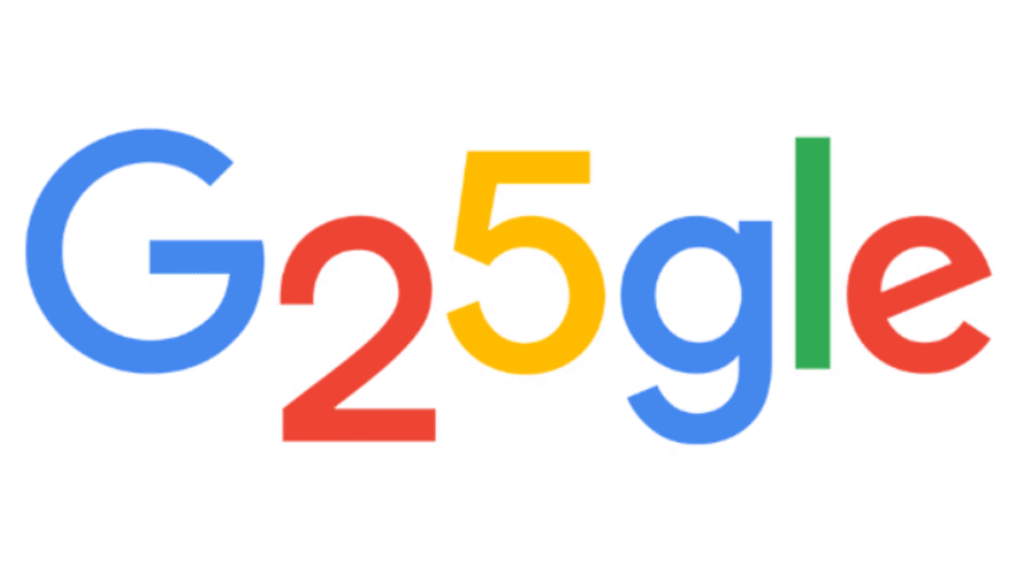
For founders Larry Page and Sergey Brin, two Stanford University Ph.D. students in the late 1990s, the term reflected their ambition: to organize a seemingly infinite amount of information on the internet and make it accessible to everyone.
From BackRub to Google
Google wasn’t always Google. In 1996, Brin and Page created a search engine prototype and named it BackRub, referencing the system’s ability to analyze “backlinks” on web pages. But by 1997, the pair realized the name lacked the ambition and gravitas their project deserved.
Brainstorming led them to consider “Googolplex” — a number that is 1 followed by a Googol of zeros. Eventually, they settled on the shorter Googol. But fate, and a small spelling error, had other plans.
A typo that changed the internet
During the process of registering the website, graduate student Sean Anderson accidentally typed “Google” instead of “Googol” while checking domain availability. To everyone’s surprise, google.com was available. Larry Page immediately approved, and within hours the domain was officially registered.

What was once a typo became one of the most recognizable names — and companies — in human history.
The rise of a global giant
Google officially incorporated on September 4, 1998, though the company celebrates its birthday on September 27, marking key internal milestones. What started in a garage in Menlo Park, California, grew into a powerhouse that now dominates global search, advertising, cloud computing, and mobile operating systems through Android.
READ MORE : Google Gemini AI Prompts for Men Spark 7 Stunning Retro and Cinematic Photo Trends
In 2015, Google restructured under a new parent company, Alphabet Inc., with Indian-born executive Sundar Pichai appointed as CEO of both Google and Alphabet. Brin and Page remain influential insiders with significant voting power.
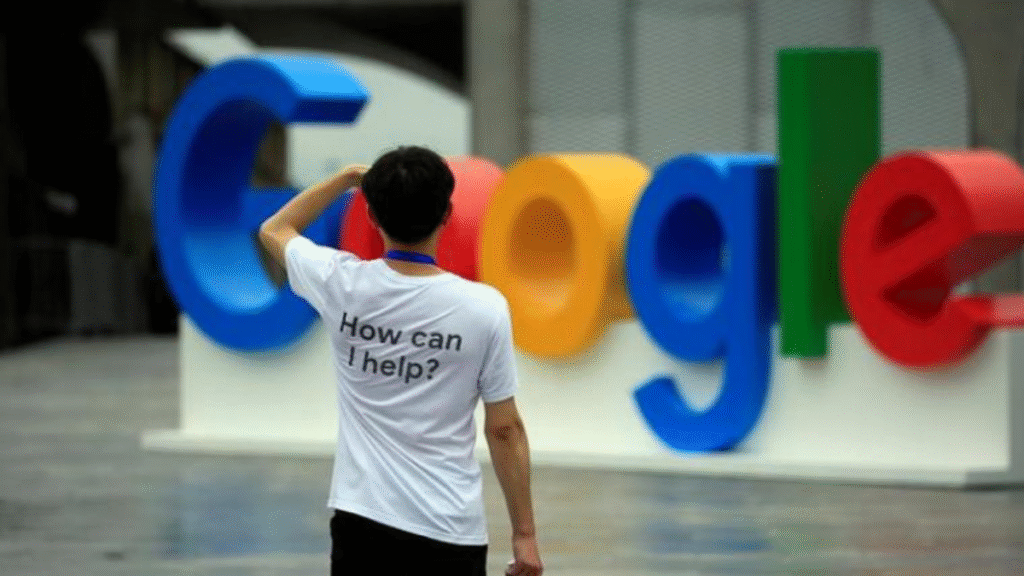
Today, Google processes over 8.5 billion searches per day, owns a portfolio of services including Gmail, Maps, and Drive, and is at the forefront of artificial intelligence with products like Gemini.
A name that became a verb
The misspelled name did more than build a brand — it became a verb. To “Google” something is now synonymous with searching for information online, a linguistic achievement that underscores its cultural dominance.
From a typo on a university campus to the backbone of the digital age, Google’s story shows how small accidents can shape history. On its 27th birthday, the company remains a giant not just of technology, but of modern language and daily life.
Tech
iPhone 17 Air Launch Shocks Fans with 10 Powerful Features and Stunning Price in USA
Apple’s thinnest smartphone ever brings a 48MP Fusion camera, A19 Pro chip, recycled titanium body, and a major focus on Apple Intelligence.
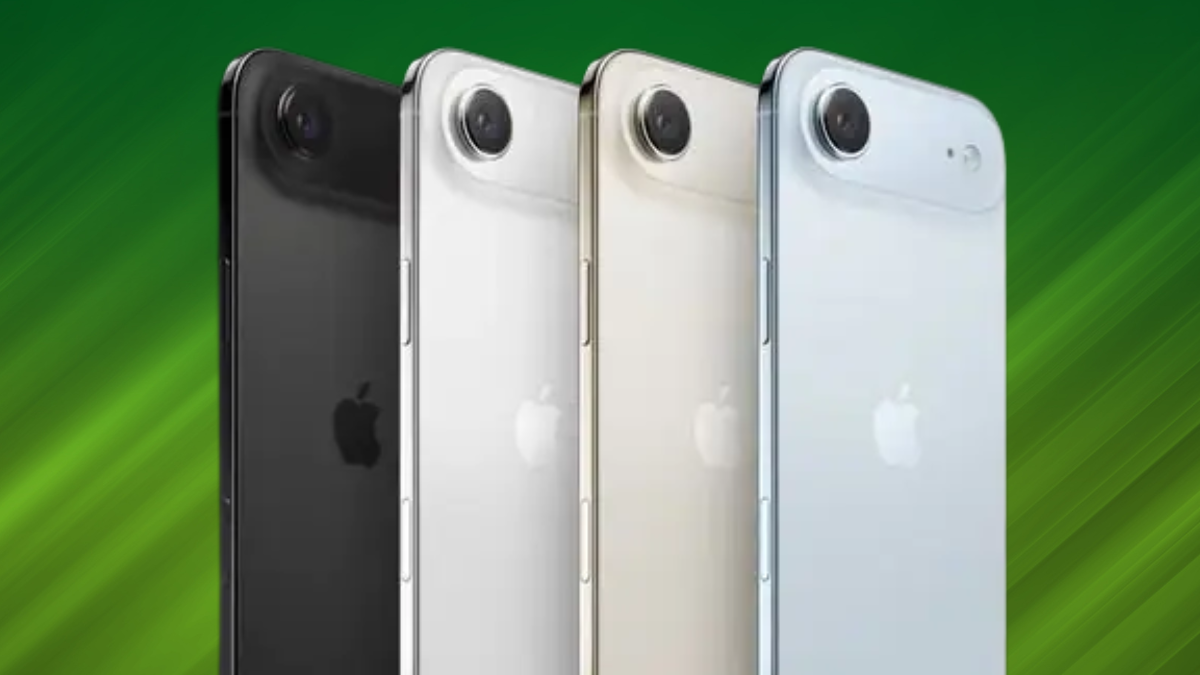
The iPhone 17 Air has finally arrived, and it is already being called one of the most stylish yet powerful smartphones ever designed by Apple. Launched as part of the 2025 lineup, this device combines ultra-slim design with groundbreaking technology, promising to redefine how users experience photography, performance, and intelligence on a phone.
With a 6.5-inch Super Retina XDR display, 48MP Fusion camera system, and the all-new A19 Pro chip, the iPhone 17 Air has been engineered for speed, durability, and creativity. Apple has also doubled down on sustainability, using 80% recycled titanium in its construction while still delivering premium aesthetics in four beautiful colors.
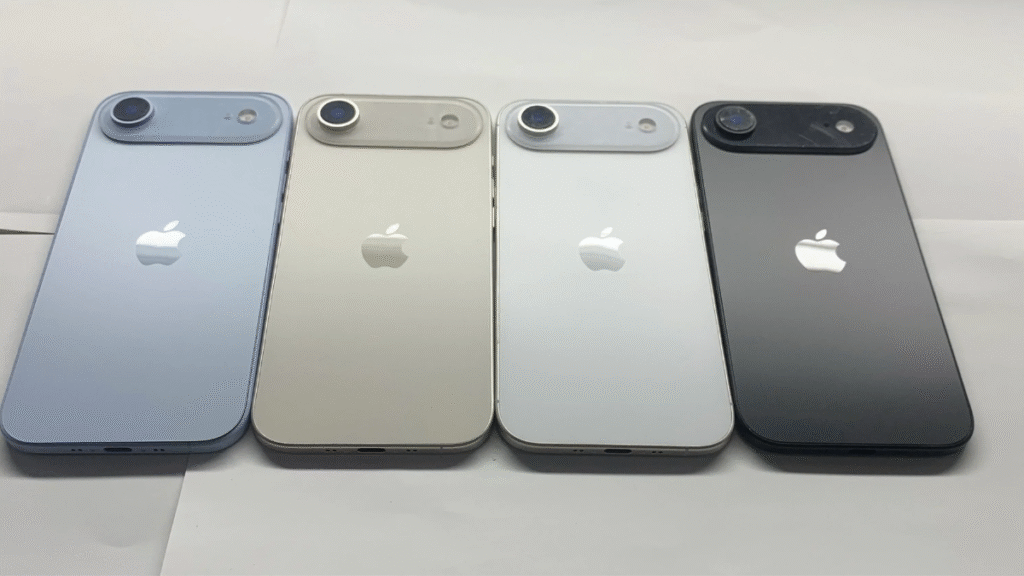
1. Camera: A True Photographer’s Dream
The iPhone 17 Air comes with a 48MP Fusion camera system, capable of shooting 24MP photos by default. Apple has packed in multiple focal lengths (26mm, 28mm, 35mm, and 52mm), effectively giving users “four lenses in their pocket.”
Other highlights include:
- 2x Telephoto zoom for professional close-ups.
- Next-generation portraits powered by Apple’s AI algorithms.
- Action Mode for sports and fast movement.
- Dolby Vision 4K60 recording with cinematic quality.
Selfie lovers aren’t left behind either—thanks to the Center Stage front camera, video calls and vlogs are smarter and more dynamic.
2. Performance: A19 Pro Chip
At the heart of the device lies the new A19 Pro chip, designed for blazing speed and efficiency. Combined with Apple Intelligence (AI), it promises smarter photography, faster multitasking, and seamless app handling.
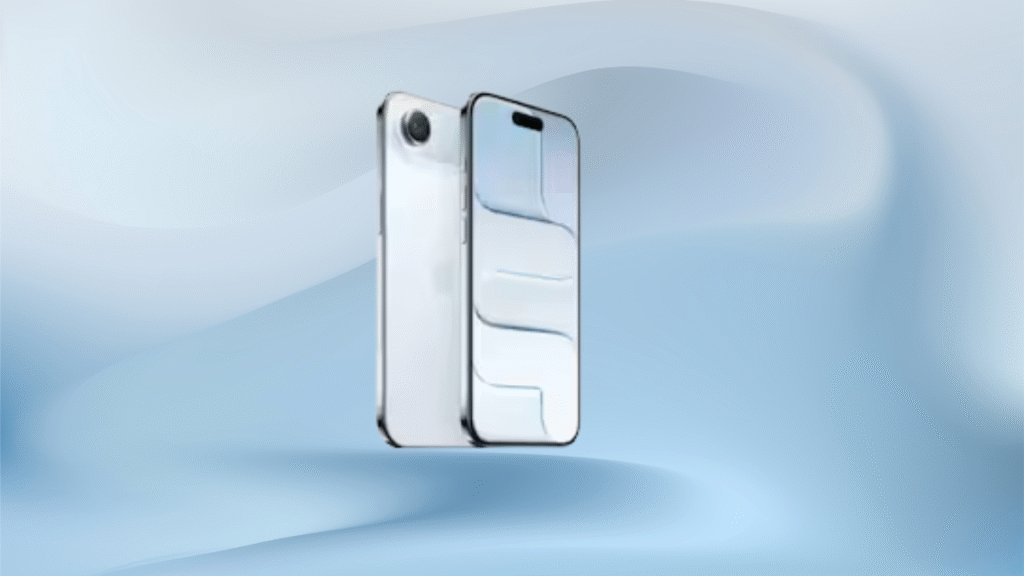
3. Durability Redefined
Apple claims the Ceramic Shield 2 offers 3x better scratch resistance on the front and 4x stronger crack resistance on the back compared to older iPhones. This makes the iPhone 17 Air one of the most durable premium smartphones on the market.
4. Display & Battery
The 6.5-inch Super Retina XDR display now supports ProMotion up to 120Hz, delivering smooth scrolling and vivid detail. Paired with all-day battery life, the phone ensures power users can enjoy high-performance tasks without constant charging.
5. Audio & Video Experience
The device also features Audio Mix with Spatial Audio, turning movies, music, and calls into immersive experiences. Content creators will especially appreciate dual capture recording, letting them film from front and back cameras simultaneously.
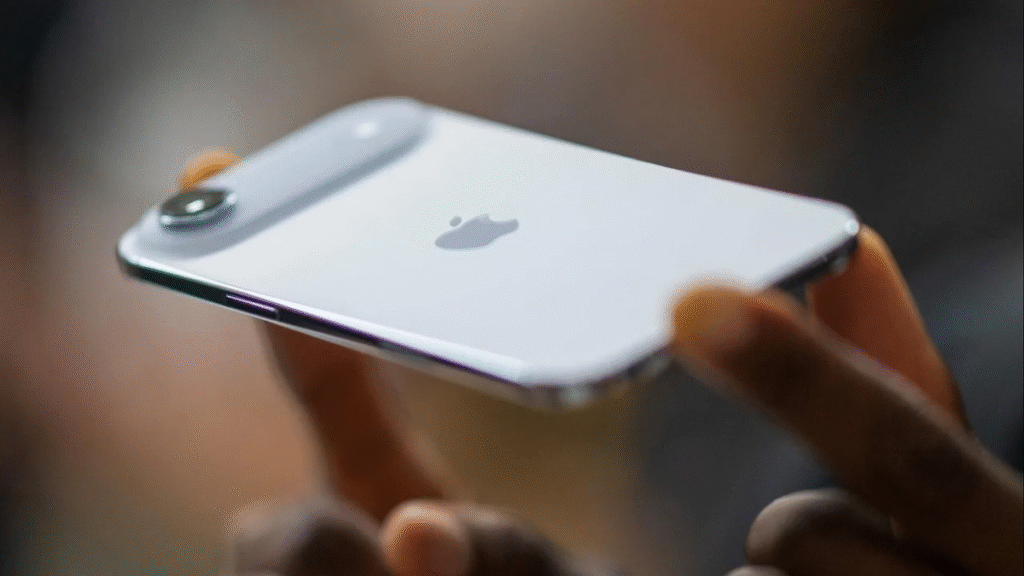
6. Sustainability with Style
For the first time, the iPhone 17 Air uses 80% recycled titanium, aligning with Apple’s environmental goals without compromising design.
iPhone 17 Air Price in USA
The iPhone 17 Air is expected to start around $899 for the base model (128GB) and may go up to $1,199 for higher storage variants. Apple aims to position this device between the standard iPhone 17 and the iPhone 17 Pro models.
Final Verdict
The iPhone 17 Air isn’t just thinner—it’s smarter, stronger, and more creative. With the perfect balance of design, performance, and eco-friendly innovation, this phone is likely to be one of the biggest upgrades in recent iPhone history.
-

 Entertainment1 week ago
Entertainment1 week agoAlyssa Milano removes breast implants says she finally feels free and authentic
-

 Technology News1 week ago
Technology News1 week agoChina opens Shanghai digital yuan hub to rival US dollar but here’s the bigger plan
-

 Entertainment6 days ago
Entertainment6 days agoDolly Parton delays Las Vegas concerts by nine months citing health challenges but promises unforgettable return
-

 Entertainment6 days ago
Entertainment6 days agoZoey Deutch engaged to comedian Jimmy Tatro after 4 years of dating with romantic beach proposal
-

 Politics7 days ago
Politics7 days agoBarack Obama blasts Trump over Tylenol autism claim calling it ‘violence against truth’ but that’s not all he said…
-

 Sports4 days ago
Sports4 days agoTottenham’s Champions League wake-up call… why Spurs must stop looking like a Europa League side
-

 Technology1 week ago
Technology1 week agoGoogle shocks crypto world with $3B deal for Cipher Mining stake but here’s the twist
-

 Politics1 week ago
Politics1 week agoBarack Obama slams Trump administration over Tylenol autism claim calls it violence against truth








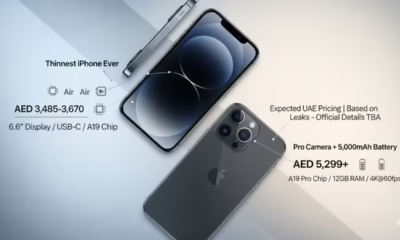

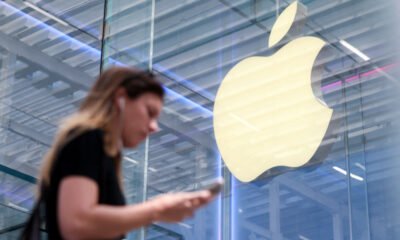
















Pingback: Sam Altman Says AI Will Create Groundbreaking Ideas by Next Year and It Could Change Everything - Daily Global Diary
Pingback: Google Gemini Freaks Out Playing Pokémon and Fans Can’t Stop Watching - Daily Global Diary